Abheek Barua
As the Pepsi tag line went, "Nothing official about it." However, if the rumour mills are to be believed, these are the last few months of Reserve Bank of India (RBI) Governor D Subbarao's tenure at the helm of the central bank.
I am not going to add to the speculation over who is likely to succeed him. Instead, I would like to put in two bits on what the "ideal" successor would be like.
First, we need someone who has a feel and regard for the financial markets. Unlike the government's fiscal arm, the central bank has a real-time relationship with the financial markets - be it the bond, equity, foreign exchange or credit market.
The markets take every little sound bite from the RBI extremely seriously and trust the central bank to provide stability. This trust needs to be reciprocated.
...
A look at Subbarao's years as RBI Governor
Second, we need someone who can find the right balance between two very different forces that are currently impacting the economy.
One, it is imperative for a domestic policy maker to have a first-rate understanding of what is happening in the rest of the world.
This is particularly important since we are going through a phase in which there is a deep disconnection between economic policy in the developed and developing world.
I would argue that it is much easier to manage the business cycle when trends across the world move in the same direction.
On the other hand, when there is a divide, the likelihood of a domestic policy decision boomeranging on our own financial markets is far more acute.
...
A look at Subbarao's years as RBI Governor
The interest rate-exchange rate nexus is an obvious example. In a scenario where all central banks are raising rates, the risk of currency appreciation and an erosion in competitiveness on the back of arbitrage-driven capital inflows is low.
In a situation where the RBI is raising key policy rates but the Fed and the European Central Bank are desperately pumping in liquidity, the decision to raise rates becomes far more complex.
However, despite the global system's obvious influence, there is something unique about India's current imbalances and problems.
Since 2004, for instance, there has been a massive shift in terms of trade in favour of agriculture, which has had an impact on inflation. Schemes like the National Rural Employment Guarantee Act (NREGA) have paid off in term of raising rural incomes.
...
A look at Subbarao's years as RBI Governor
At the same time, they have involved a massive reallocation and skew in resources, which have been manifested in acute shortages in the labour market.
Thus, going by the NREGA experience, more large-scale social welfare programmes like the right to food are likely to breed imbalances and impact the way things like inflation behave.
Therefore, monetary policy, or any macroeconomic policy for that matter, has to factor in this complex interplay of global influences and domestic trends.
This brings me to what I had initially planned to do in this article: assess Dr Subbarao's legacy. It has become a fashion now to take potshots at the governor based on his inflation management record.
The argument is that he fell "behind the interest rate curve" and let inflationary pressures take root.
...
A look at Subbarao's years as RBI Governor
The assumption is that if he had indeed raised policy rates a couple of times more or a little earlier, inflation would have come under control.
While some of this criticism might appear legitimate considering that inflation is actually very high, it involves a gross oversimplification of the dynamics of the current inflation.
More importantly, it shifts focus from what was, in my opinion, Dr Subbarao's principal mandate - to manage the impact of the global financial crisis on India.
Public memory tends to be short and people seem to have forgotten how bad things were in the last few months of 2008.
Banks were winding up credit lines at a great speed, short-term interest rates had soared, the trade credit market had dried up and Indian industry was just days away from a shutdown.
...
A look at Subbarao's years as RBI Governor
Yet there seemed to be utter confusion among both policy makers and professional economists about how aggressive the monetary response in India should be.
Quite a few of them were still arguing that inflation should get top priority (remember that oil prices had gone through the roof in the first half of 2008) and that the Indian economy was reasonably insulated from the rest of the world.
This was dangerous advice that Dr Subbarao rejected, opting instead to go in for massive monetary easing.
I think we owe the RBI and the governor a debt of gratitude for the fact that the economy bottomed out at a growth rate of 5.6 per cent in the third quarter of 2008-09 and did not plunge any further.
...
A look at Subbarao's years as RBI Governor
Dr Subbarao not only managed the crisis well, he also ensured that Indian markets did not fall prey to the post-crisis anti-market dogma.
The fact that his regime actually stepped up the process of market development (the currency and interest futures markets, the steps towards making the credit default swap market operational and reinvigorating the corporate bond market) gives us a sense of the lessons that Dr Subbarao took away from the crisis.
He clearly and correctly, if I may add did not believe that the collapse in global markets did not constitute a compelling case against financial deepening in a relatively underdeveloped market.
India stood to gain a lot by creating new financial instruments, and the risk of a local crisis was minimal given that the degree of complexity of instruments was in no way comparable to those in the developed world.
...
A look at Subbarao's years as RBI Governor
I have a feeling that Dr Subbarao understood at some stage that given the massive structural changes that the economy had gone through (I have referred to the terms of trade shift and the tightness in the domestic labour market earlier) and the asymmetry in global policy that bred things like commodity bubbles, domestic monetary policy alone would fail to stem inflation.
If there is a legitimate criticism of the governor, it is the fact that he failed to communicate this to the market early enough.
I think this was partly because of his natural reticence. Markets tend to like uber-confident, alpha male central bank governors.
Dr Subbarao was certainly not one. In retrospect, that could turn out to be his biggest flaw.
The author is chief economist, HDFC Bank.

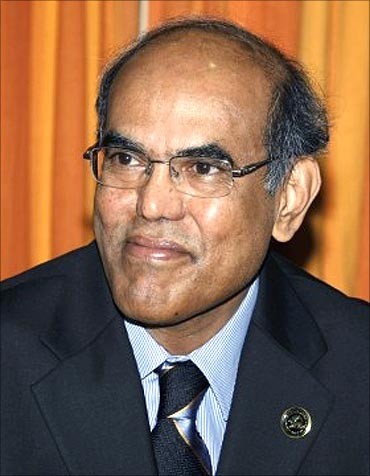
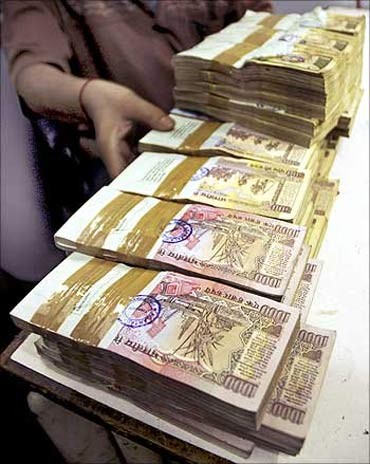
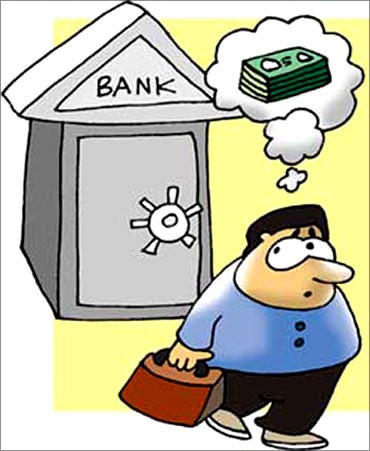
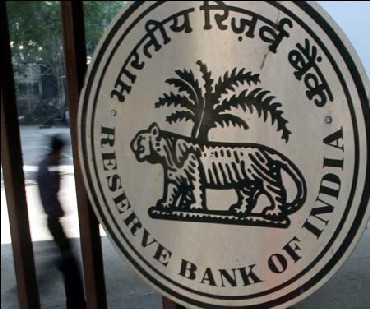
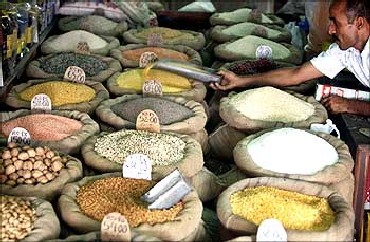
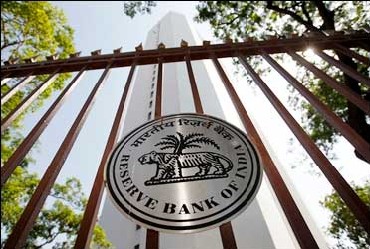
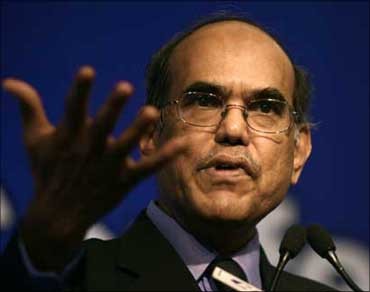
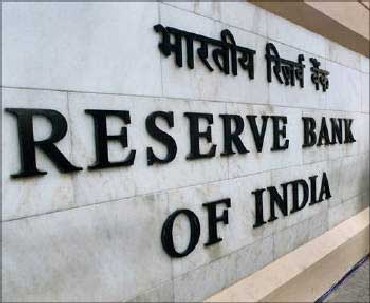

article